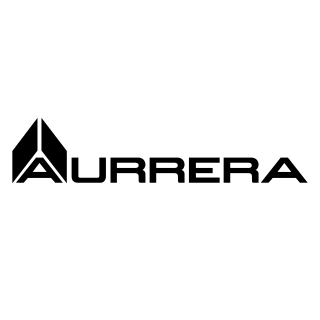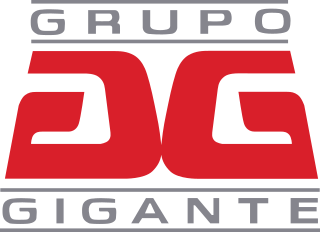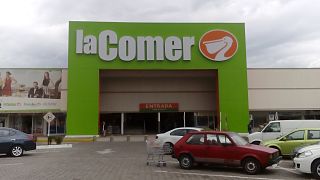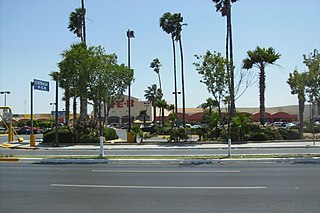Arteli
This chain of self-service stores of origin in Tamaulipas was originally founded on November 15, 1978 by businessman Arturo Elizondo in Tampico, Tamaulipas (its first store is Arteli Hidalgo in Tampico). It was announced on December 14, 2022 that Grupo Comercial Chedraui acquired the 36 Arteli stores located in the states of Tamaulipas, Veracruz, San Luis Potosí and Hidalgo plus a CEDIS located in Tampico (its headquarters city) and a bread, tortilla and meat processing plant.
This store concept has a sales floor area of 2,500 to 4,000 sq m, whose supermarket format handles departments such as groceries, bakery, pastries, tortillas, fruits and vegetables, delicatessen, cheeses, meats, fish and seafood, prepared food, salad bar and wines and spirits. In the supermarket sector, Arteli competes mainly with similar formats, such as:
Before its integration, it also competed with Súper Chedraui and Selecto Súper Chedraui.
Concept that provides, in addition to what its main format offers, departments and services such as pharmacy, appliances, electronics, seasonal items, minor goods and household items among others, in addition to managing a wide assortment of groceries, perishables and prepared food with a sales area of between 2,500 and 5,000 sq m. In the supermarket plus sector, Arteli Más competes mainly with similar formats, such as:
Before its integration, it also competed with Chedraui and Selecto Chedraui.
Format conceptualized as a convenience store with a sales floor area of between 300 and 1,000 sq m, which are usually located in areas of high population density. Basically it is a mini-super focused on basic consumption, which is why it manages a very moderate assortment of edible and non-edible groceries, meat, fruits and vegetables, dairy and frozen foods, cold drinks, pet food, cleaning supplies, and household items, and in some stores, beers, wines and spirits. In the convenience store sector, Arteli Express competes mainly with similar formats, such as:
Before its integration, it competed with Supercito.
Format available under the concept of self-service warehouse type with a sales area of 1,000 to 2,000 sq m, aimed at cities with 10,000 to 90,000 inhabitants or in popular neighborhoods of large and medium cities. Its business model consists of a warehouse that offers the consumer mainly essential products through departments such as groceries, perishables and household items, with the main objective of offering the best price to the community or area where it is located. In the warehouse supermarket sector, AKÁ Súperbodega competes mainly with similar formats, such as:
Before its integration, it competed with Chedraui, Súper Chedraui and Súper Che














